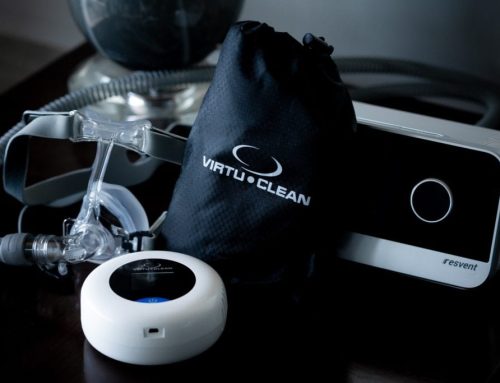There are a few things that doctors always suggest patients with obstructive sleep apnea do despite having their CPAP machine yet or not. These items are usually listed as behavioral changes or lifestyle changes. Here is a list of a few of those things and how they can help with your sleep apnea:
- Losing weight
- If you are overweight, most doctors will suggest that you try to diet or exercise to help lower your BMI. It has been proven that having a higher weight leads to having a higher risk of having obstructive sleep apnea. The excess tissue that higher fat content in a body can add around your airway can cause it to become blocked or obstructed, causing you to stop breathing in the night. Talk to your doctor about this to see if they think trying to be more active or eating healthier could help you lose weight and improve your sleep therapy.
- Not using sedatives
- If you are someone that typically uses a sleeping pill or anti-anxiety medication to help you relax, you may want to speak to your doctor about this while waiting for your CPAP machine. It will be likely that they ask you to stop using this medication or reduce the usage for the immediate time. Using agents that help relax your muscles does help you sleep better, but unfortunately, some of the muscles that are being relaxed are in your airway. When those muscles are more flaccid, the tissue that makes them can become more burdensome and then fall or obstructs your airway, causing your sleep apnea to be more severe.
- Not drinking alcohol
- Unfortunately, alcohol relaxes the human body the same way most sedatives do. This means that drinking even one glass of wine or one beer could relax your muscles enough to obstruct your airway when you sleep. If you are waiting for your CPAP machine, it might be best to refrain from drinking any alcohol until you have gotten it. If this is going to be an issue for you, please talk to your doctor to see if they feel it is safe for you to consume alcohol while you don’t have your CPAP unit yet.
Your Sleep therapy doctor may be able to offer you some other tips such as not lying flat on your back while you sleep, or there are certain mouth guards that you can buy that might help with apnea in the meantime. Try some of these steps to help alleviate the symptoms and remember your doctor is one of the best sources of sleep therapy information out there. They will be glad to give you information on what steps you can take outside of your PAP therapy to help with your obstructive sleep apnea.


 Shop
Shop



